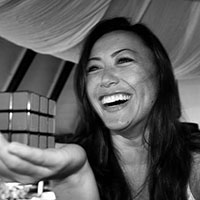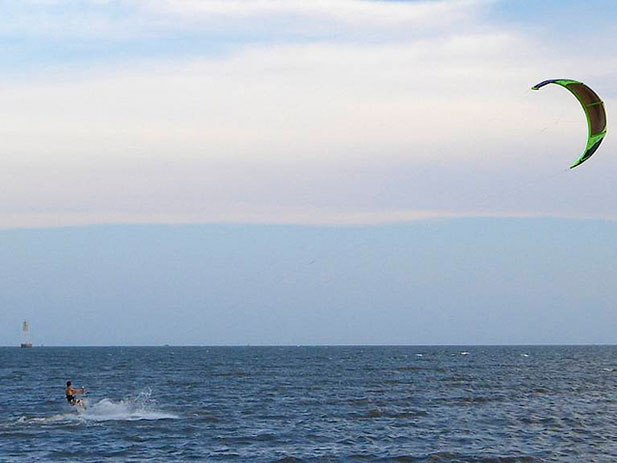I bet you can’t count the number of times you’ve heard someone say, “I don’t have time for a hobby. Work is my hobby.” In fact, how many times have you said that?
Sometimes, when people are truly passionate about their jobs, they don’t feel the need to channel that passion into anything else. You probably know a relentless focus on work puts you at higher risk of burnout and stress-related illnesses, but you probably don’t realize that not making time for any other pursuits might be holding you back from reaching your full potential.
Giving yourself permission to obsess over a fun new hobby — whether that’s yoga, martial arts, chess, or playing an instrument — can actually improve your performance at work. Hobbies can provide a productive outlet while teaching you how to be methodical, make small adjustments, and take calculated risks that can bring your work to the next level.
Translatable Skills: What You Can Learn from Your Hobby
When you try your hand at a new hobby that really challenges you mentally or physically, the skills you develop to advance to the next level or master a new move will help you improve the way you approach new challenges at work.
For example, I’m an avid kiteboarder. If you’re not familiar with kiteboarding, think of surfing, gymnastics, and paragliding rolled into one. It was like nothing I’d done before, and as a beginner, you adapt very quickly to avoid wiping out. Here are just a few of the skills I developed through kiteboarding that helped me in my career as a Web developer:
– Methodical Approach: One of the biggest challenges for Web developers is mastering a meticulous and methodical approach. All of the individual pieces of a site must work together for the finished product to function, so you need to test each one individually, then each combination, which is followed, finally, by the entire product. If you don’t test in a methodical way, you’ll end up wasting time repeating tests or searching for tests you accidentally skipped.
When I was first learning to kiteboard, I would find a leg stance that worked, but it would throw off my arm placement or strain my back. I had to try a million different combinations of body placements until I finally found the one that worked just right for me.
Even after perfecting my form, I can’t tell you how many times I tried something new in kiteboarding and wound up with mediocre results or a face full of water. The very real physical repercussions for not conducting my tests properly helped me develop efficiency in my testing.
– Refinement: In both kiteboarding and Web development, testing is followed by refinement and more testing. Just as the smallest change in your stance can dramatically change your performance on the water, minute changes in code can dramatically alter the performance of a site. You have to test many different ways of standing on the board until you find the one that works just right with your arm placement and wind conditions. In both coding and kiteboarding, you won’t know if these small alterations will work until you try them.
– Risk-Taking: Kiteboarding taught me how to take calculated risks at the right time. As a beginner, I stuck with the style I was most comfortable with until I felt confident enough to move on to something new. Imagine my surprise when I found that the foundation I had in wave riding allowed me to hold my own in other styles. This opened up a whole new area of possibility for me to challenge myself and build on the skills I already had.
In Web development, you can’t perform to your full potential unless you’re willing to take some smart, calculated risks. I was once hired as a consultant to advise a team in building a new product. Although the team’s approach was incorrect, they opted not to take my advice, so I began building the product myself.
The right choice for my future at that company would have been to follow their lead and hope they would come to the same conclusion on their own, but I couldn’t bring myself to spend my time on something that just wasn’t working. Thankfully, I ended up being right, and the product I built has turned into my own successful company.
Ultimately, your time should not be measured in minute-by-minute task management, but by the larger goals you achieve. Taking a step back from the workplace and focusing on a hobby allows you to shift your consciousness from a micro to a macro perspective. Furthermore, your internal drive to excel at your hobby will carry into other areas of your life, including work.
It’s perfectly OK to take on a hobby purely for pleasure, but you’ll soon learn that the lessons you master can apply to all aspects of your life, and time spent working on a hobby that brings you joy and new challenges is time well spent.
———————————-
About the Author: Tammy Camp
 Tammy Camp is the founder and CEO of Action Factory, a next-generation digital publishing company focusing on premium evergreen content and lifestyle brands. She has taken part in numerous successful business endeavors, facilitating over $1 billion in revenue, and serves as an advisor to startups in the security, consumer Internet, and executive research industries. Tammy is a kiteboarding world record holder and can be reached on Twitter.
Tammy Camp is the founder and CEO of Action Factory, a next-generation digital publishing company focusing on premium evergreen content and lifestyle brands. She has taken part in numerous successful business endeavors, facilitating over $1 billion in revenue, and serves as an advisor to startups in the security, consumer Internet, and executive research industries. Tammy is a kiteboarding world record holder and can be reached on Twitter.









